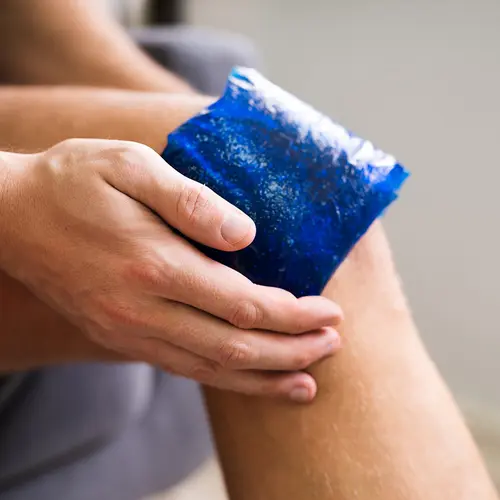The best way to take care of your psoriatic arthritis is to get the best of both worlds: medical care from your doctor and healthy lifestyle habits. The little things you do every day add up to make a difference in how you feel overall.
Get started with these nine ideas:
1. Connect with people who “get it.” You need people in your life you can talk to about how you’re doing. "Whether with a good friend or in a group, it's very important to have a chance to voice your emotions,” therapist Madelyn Petrow-Cohen says.
2. Plan fun things. Spend time in your garden, cook a favorite meal, go to a concert, or hang out with friends. Whatever you do, have a blast. Make sure you give yourself time to relax, too. Meditation helps some people do that. It can be as simple as taking a few minutes to focus on your breathing.
3. Prep talking points. Your family and friends may not know much about psoriatic arthritis. Learn all you can, so you can help them understand what it is and what you need. For instance, they may think it’s contagious. It’s not.
4. Keep up with your treatment. Talk with your doctor about your symptoms and any problems you’ve noticed. Take your medication as prescribed. Ask your doctor or pharmacist any questions you have.
5. Experiment with exercise. Fitness is good for everyone. Try different activities to find the ones best for you. Maybe it’s hiking, swimming, or yoga -- or it could be something else. Your doctor or a physical therapist can give you plenty of ideas and let you know if there’s anything you should stay away from.
6. Check your diet. Foods don’t cause or cure psoriatic arthritis. Still, smart eating habits are good for everyone. If you lose extra pounds, that’ll take some of the pressure off your joints, too.
7. Speak up about your needs. Staying on top of your condition takes time. You may need to take medicine, use special shampoo and lotion, plus make time to exercise and prepare healthy meals. Let your doctor know if it feels like it’s too much for you. She may have tips to help you save time and energy.
8. Tune in to your feelings. If you’ve been feeling sad or down for more than a few weeks, tell your doctor, or consider talking with a counselor. Treatments can help if you’re depressed.
9. Celebrate your success. Congratulate yourself when you do something good. You can’t make psoriatic arthritis disappear, but you can make decisions about how it will affect your life.

